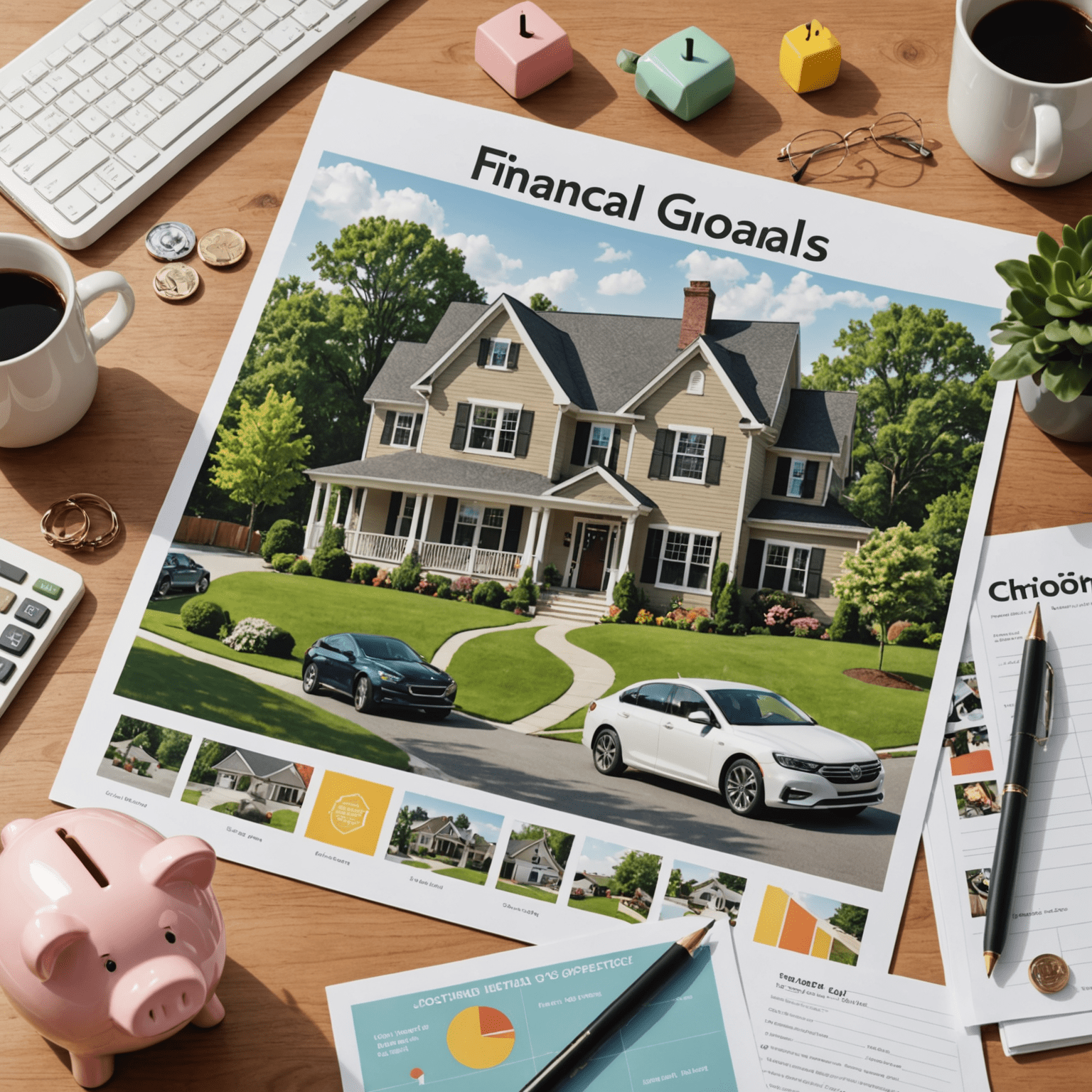Budgeting Tips: Master Your Finances

Creating and sticking to a personal budget is a cornerstone of financial literacy. Here are some practical tips to help you take control of your finances and achieve your financial goals.
1. Track Your Spending
The first step in creating an effective budget is understanding where your money goes. Use a spreadsheet or a budgeting app to record all your expenses for a month. This will give you a clear picture of your spending habits.
2. Categorize Your Expenses
Divide your expenses into categories such as housing, transportation, food, entertainment, and savings. This will help you identify areas where you might be overspending.
3. Set Financial Goals
Define short-term and long-term financial goals. Whether it's building an emergency fund, paying off debt, or saving for a vacation, having clear objectives will motivate you to stick to your budget.

4. Use the 50/30/20 Rule
Allocate 50% of your income to needs, 30% to wants, and 20% to savings and debt repayment. This simple rule can help you maintain a balanced budget.
5. Cut Unnecessary Expenses
Review your spending and identify areas where you can cut back. Small changes, like brewing coffee at home or canceling unused subscriptions, can add up to significant savings.
6. Plan for Irregular Expenses
Don't forget to budget for annual or semi-annual expenses like insurance premiums or property taxes. Set aside money each month to cover these costs when they come due.
7. Use Cash Envelopes
For categories where you tend to overspend, try using cash envelopes. Withdraw the budgeted amount in cash and use only that for the month. When the envelope is empty, you've reached your limit.

8. Review and Adjust Regularly
Your budget isn't set in stone. Review it monthly and make adjustments as needed. Life changes, and your budget should reflect that.
9. Automate Your Savings
Set up automatic transfers to your savings account on payday. This way, you're paying yourself first and ensuring that saving becomes a habit.
10. Celebrate Your Wins
Acknowledge your progress, no matter how small. Celebrating milestones will keep you motivated on your financial journey.
Remember, budgeting is a skill that improves with practice. Be patient with yourself and stay committed to your financial goals. With time and consistency, you'll master the art of budgeting and take significant steps towards financial literacy and stability.